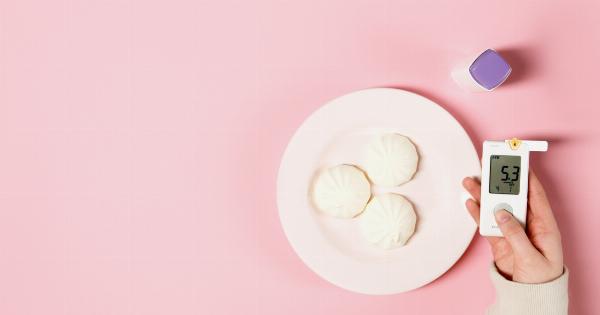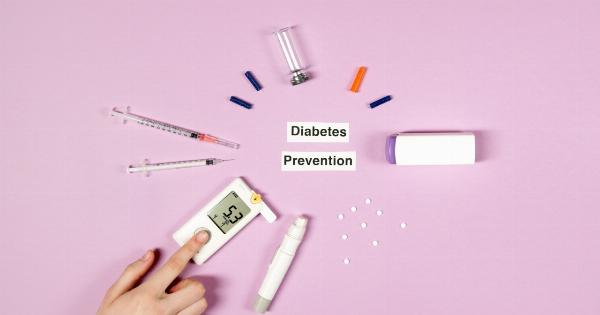Depression is a common and debilitating mental illness that affects millions of people worldwide. While there are various treatments available for this condition, many of them come with unwanted side effects and only offer partial relief.
CBD (cannabidiol) has emerged as a potential game-changer in the fight against depression due to its numerous therapeutic benefits and lack of adverse effects.
What is CBD?
CBD is a non-psychoactive cannabinoid that is found in the cannabis plant. Unlike THC (tetrahydrocannabinol), the main psychoactive compound in cannabis, CBD does not produce a “high” or alter a person’s state of mind.
Instead, CBD interacts with the body’s endocannabinoid system (ECS), which is responsible for regulating various physiological and cognitive processes.
How does CBD work for depression?
Depression is often caused by a chemical imbalance in the brain, specifically with the neurotransmitters serotonin and dopamine.
CBD has been shown to interact with these neurotransmitters and increase their levels in the brain, leading to improved mood and stability.
Additionally, CBD has been shown to have neuroprotective properties that can help to prevent damage to brain cells caused by chronic stress and inflammation.
This can be especially helpful for people struggling with depression, as chronic stress is a common trigger for the condition.
Research on CBD and depression
Although research on the effects of CBD specifically for depression is still in its early stages, there have been several promising studies on CBD and its potential therapeutic benefits for mental health conditions.
A 2018 study published in the Journal of Clinical Psychology found that CBD was effective in reducing anxiety and improving sleep in people with PTSD.
Another study published in the journal Neuropsychopharmacology found that CBD had antidepressant-like effects in animal models.
There have also been numerous anecdotal reports of people finding relief from depression and anxiety through the use of CBD.
While more research is needed to fully understand the effects of CBD on mental health, the current evidence suggests that it is a promising alternative or complementary treatment option for depression.
How to use CBD for depression
If you are interested in trying CBD for depression, there are several different methods of consumption to choose from. Some of the most common methods include:.
- CBD oil: This is the most popular and convenient way to consume CBD. Simply place a few drops of CBD oil under your tongue and hold it there for 30-60 seconds before swallowing. This allows the CBD to be absorbed into your bloodstream quickly and efficiently.
- CBD capsules: CBD capsules are a convenient way to consume a specific dose of CBD. Simply swallow the capsule like you would with any other supplement.
- CBD topicals: CBD topicals are products infused with CBD that are applied directly to the skin. They can be helpful for localized pain or inflammation, but may not be as effective for depression.
It’s important to note that the optimal dosage of CBD for depression may vary from person to person and may depend on factors such as weight, age, and severity of symptoms.
It’s best to start with a low dosage and gradually increase until you achieve the desired effect.
Conclusion
Depression is a complex and challenging mental illness that can greatly impact a person’s quality of life.
While there are multiple treatment options available, CBD has emerged as a promising alternative due to its potential therapeutic benefits and lack of adverse effects. More research is needed to fully understand the effects of CBD on depression, but the current evidence suggests that it is a promising option for those who have not found relief through traditional treatments.






























